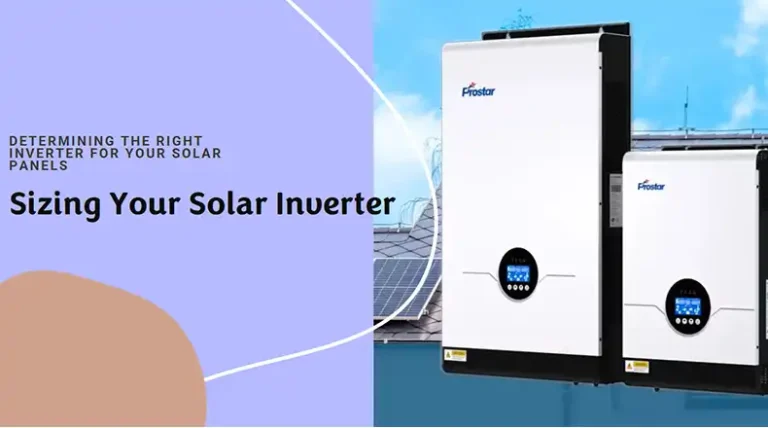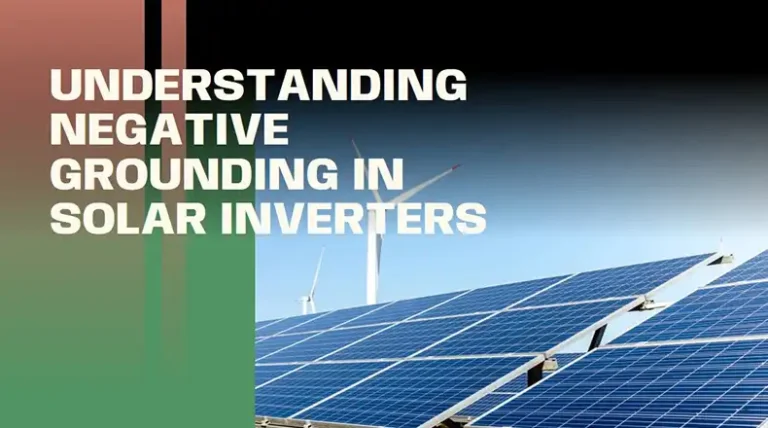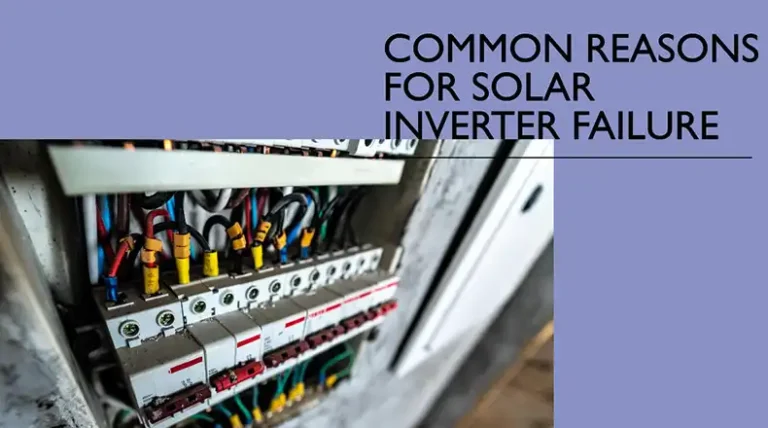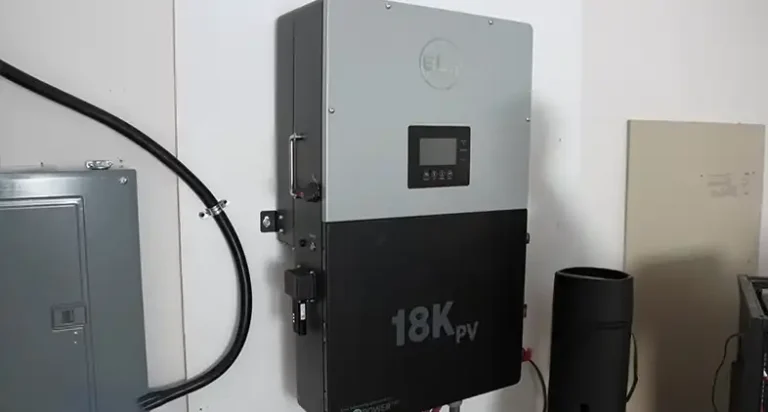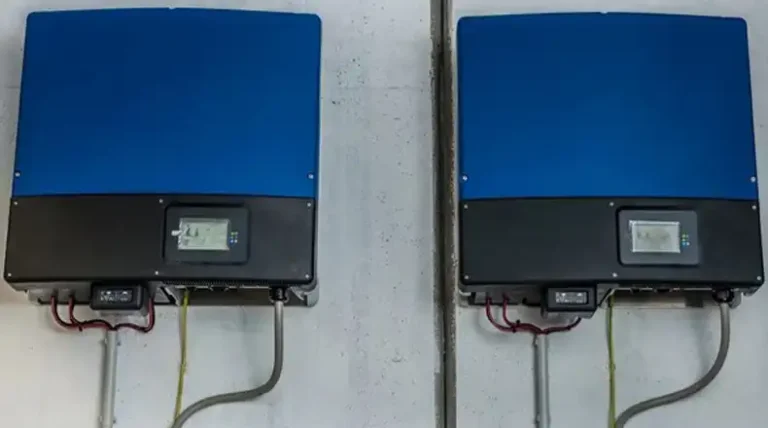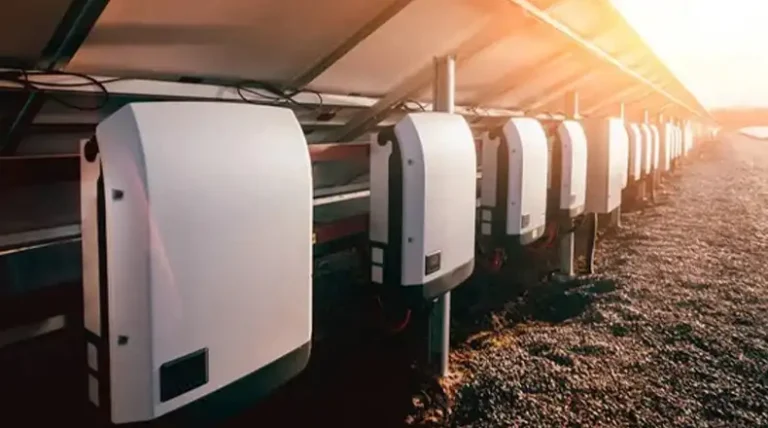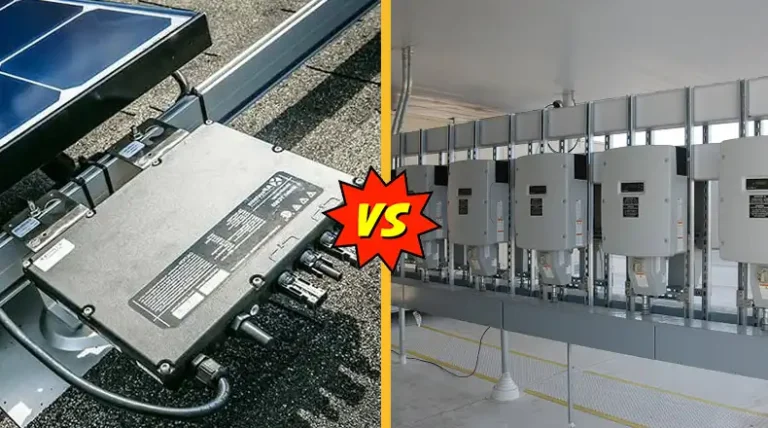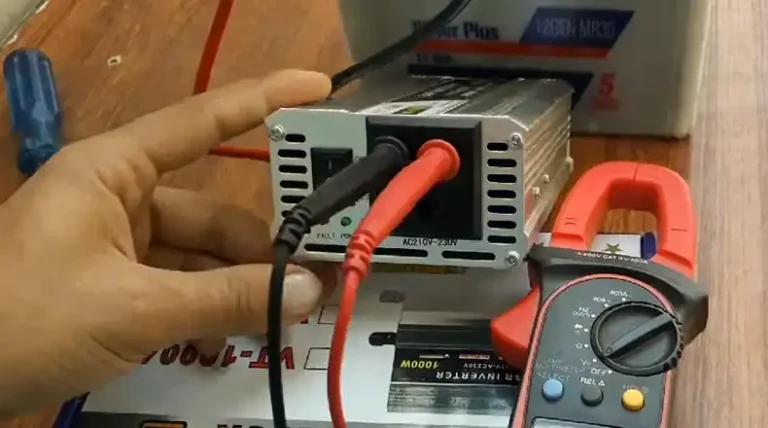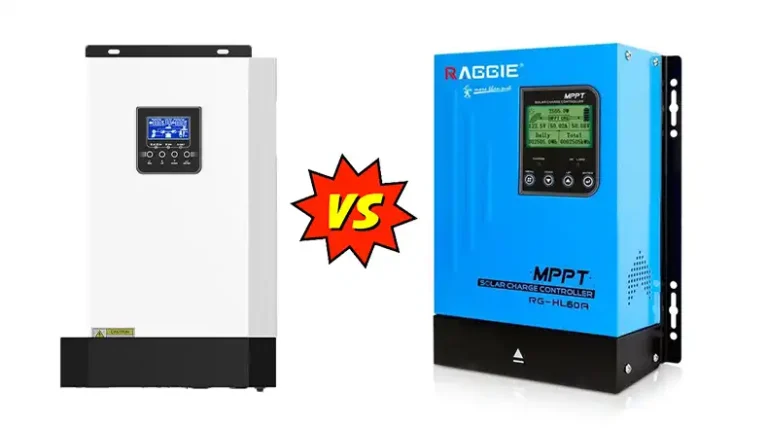What Size Inverter Do I Need for a Refrigerator? [Answerd]
Having a refrigerator is essential in modern households to keep food fresh and prevent spoilage. However, power outages can disrupt the operation of your refrigerator, potentially leading to food wastage and inconvenience. Inverters offer a reliable solution to keep your refrigerator running during power outages, ensuring that your food stays fresh and safe for consumption….

![What Size Inverter Do I Need for a Refrigerator? [Answerd]](https://www.itekenergy.com/wp-content/uploads/2024/04/What-Size-Inverter-Do-I-Need-for-a-Refrigerator-768x428.webp)
